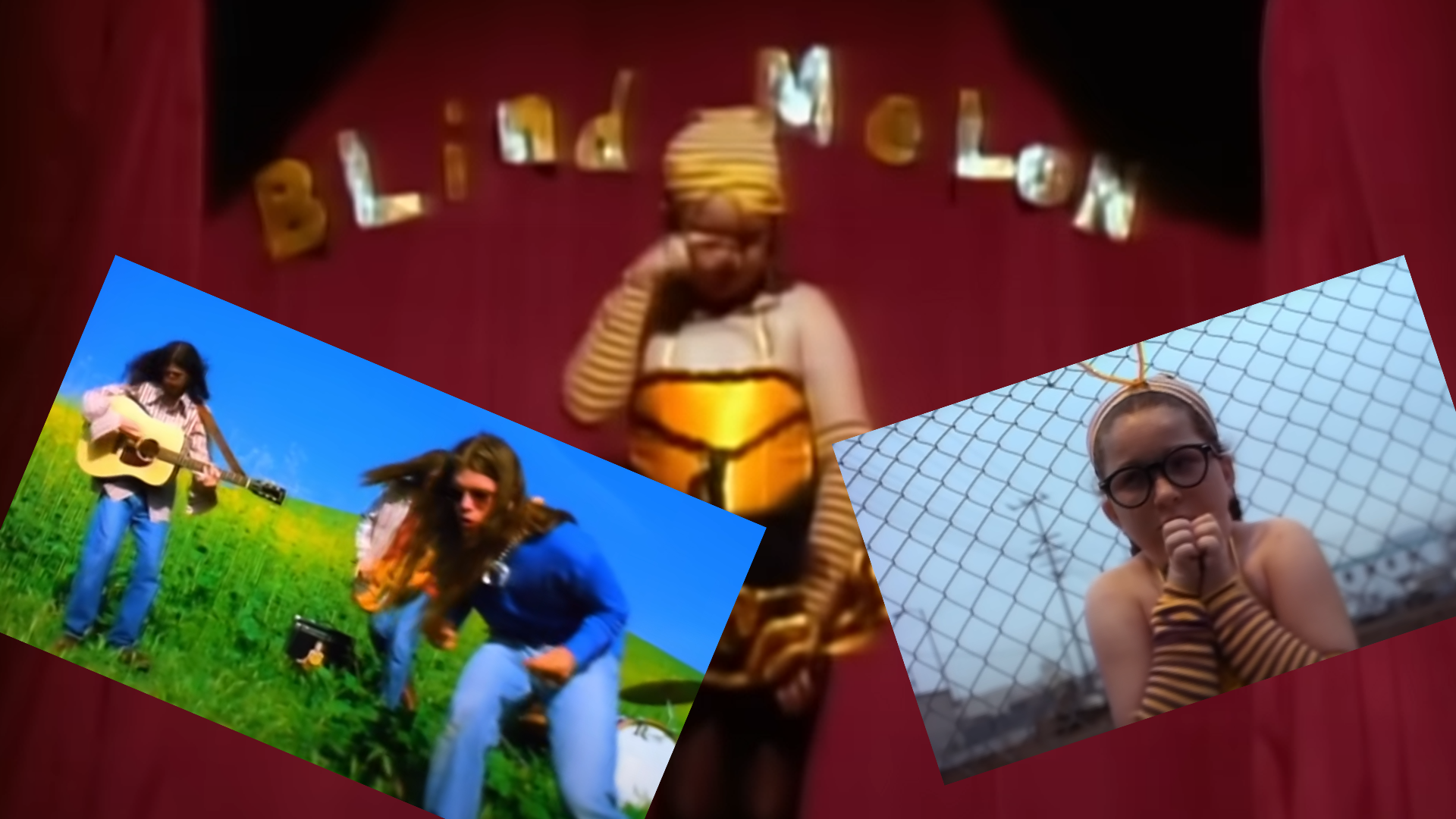Listeners:
Top listeners:
-
play_arrow
Hurricane Lexi
The Meteoric Rise of Blind Melon
Blind Melon emerged in the early 1990s, blending alternative rock with folk and psychedelic influences. Their self-titled debut album, released in 1992, featured the hit single No Rain, which became an anthem of the era. The band’s unique sound and Shannon Hoon’s distinctive voice propelled them to fame, earning them a dedicated fan base.
Blind Melon’s rise was fueled by their ability to craft songs that resonated with listeners. Their music was raw, emotional, and deeply personal, setting them apart from other bands of the time. The band’s chemistry was undeniable, with each member contributing to their signature sound. Their debut album was met with critical acclaim, and No Rain became a cultural phenomenon, largely due to its quirky music video featuring the now-iconic “Bee Girl.”
“Shannon had a voice that could cut through anything. He was one of the most unique singers of his time.” — Chris Cornell
Shannon Hoon: The Voice Behind Blind Melon
Shannon Hoon, born in Lafayette, Indiana, was the charismatic frontman of Blind Melon. His raw, emotive vocals and poetic lyrics defined the band’s sound. Hoon’s musical journey began with his first band, Styff Kytten, before he moved to Los Angeles, where he met his future bandmates.
Hoon’s voice was unlike any other in the alternative rock scene. His ability to convey deep emotion through his singing made him a standout performer. He was heavily influenced by artists such as John Lennon, Bob Dylan, and the Grateful Dead, which shaped his songwriting style. His lyrics often explored themes of self-discovery, personal struggles, and the search for meaning.
“Blind Melon’s music was ahead of its time. They were fearless in their approach to songwriting.” — Rolling Stone
Hoon’s Connection to Guns N’ Roses
Before Blind Melon’s success, Hoon befriended Axl Rose, a fellow Indiana native. This friendship led to Hoon contributing backing vocals on several tracks from Use Your Illusion I and Use Your Illusion II, including The Garden and Don’t Cry. His appearance in the Don’t Cry music video further cemented his presence in rock history.
Hoon’s collaboration with Guns N’ Roses showcased his versatility as a musician. His voice complemented Axl Rose’s powerful vocals, adding depth to the songs. This experience also gave Hoon valuable exposure in the rock world, helping him gain recognition before Blind Melon’s breakthrough.
The Tragic Fall: Shannon Hoon’s Untimely Death
Despite Blind Melon’s success, Hoon struggled with substance abuse. On October 21, 1995, he was found dead on the band’s tour bus due to a cocaine overdose. His passing at the age of 28 was a devastating loss for the music world.
Hoon’s battle with addiction was well-documented. Friends and bandmates tried to help him, but his struggles persisted. His death was a stark reminder of the dangers of substance abuse in the music industry. Many artists have spoken about the impact of his passing, reflecting on his talent and the void he left behind.
“Hoon’s lyrics were deeply personal, yet universally relatable. He had a gift for connecting with listeners.” — Spin Magazine
Five Facts About Shannon Hoon
- Hoon was an avid videographer, documenting his life extensively from 1990 onward.
- He was inspired by artists like John Lennon, Bob Dylan, and the Grateful Dead.
- His first song, Change, was written before he turned 20 and later featured on Blind Melon’s debut album.
- He was a high school athlete, participating in football, wrestling, and pole vaulting.
- Hoon’s unique vocal style and stage presence made him one of the most memorable frontmen of the 1990s.
Blind Melon’s Legacy
Following Hoon’s death, Blind Melon disbanded for several years before reforming with a new lead singer. Despite their brief time in the spotlight, the band’s music continues to resonate with fans. Their influence on alternative rock remains undeniable, and Hoon’s voice lives on through their recordings.
Blind Melon’s legacy is one of artistic integrity and emotional depth. Their music continues to be discovered by new generations, proving that great art transcends time. Hoon’s impact on the music world is still felt today, with many artists citing him as an inspiration.
The Story Behind “Only to Be with You”
“Only to Be with You” by Roachford is more than just a song; it’s an emotional journey wrapped in soulful rock. Released in 1994 as part of the album Permanent Shade of Blue, this track has become a defining piece of Roachford’s legacy. With its heartfelt lyrics and Andrew Roachford’s powerful vocals, the song continues to resonate with fans worldwide.
Written by: Paul Y
Similar posts
Search
-
Poprock Radio Player
-
Get Our App
-
PopRock Country




